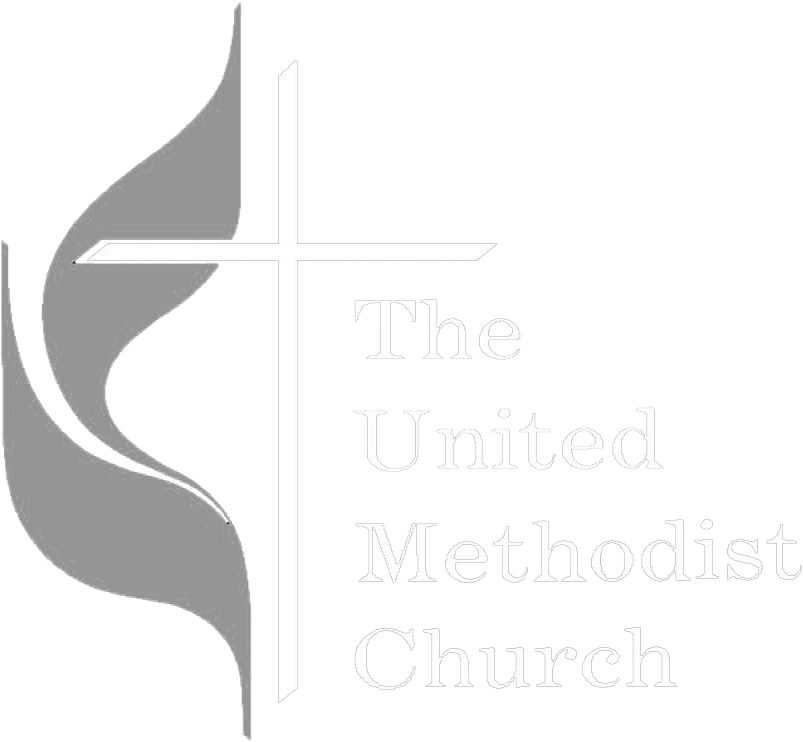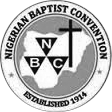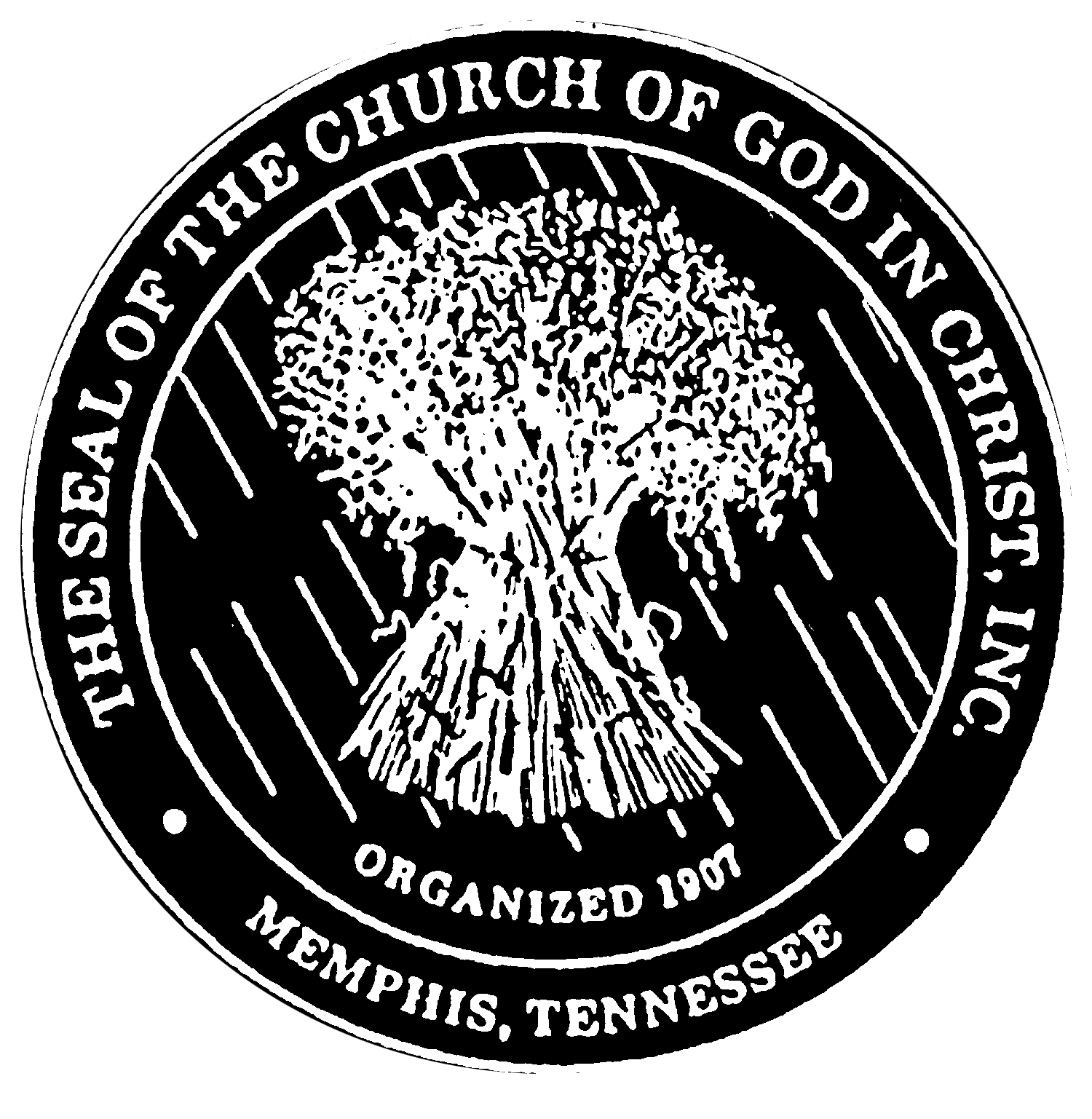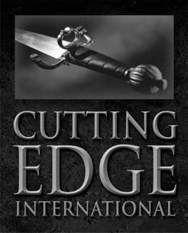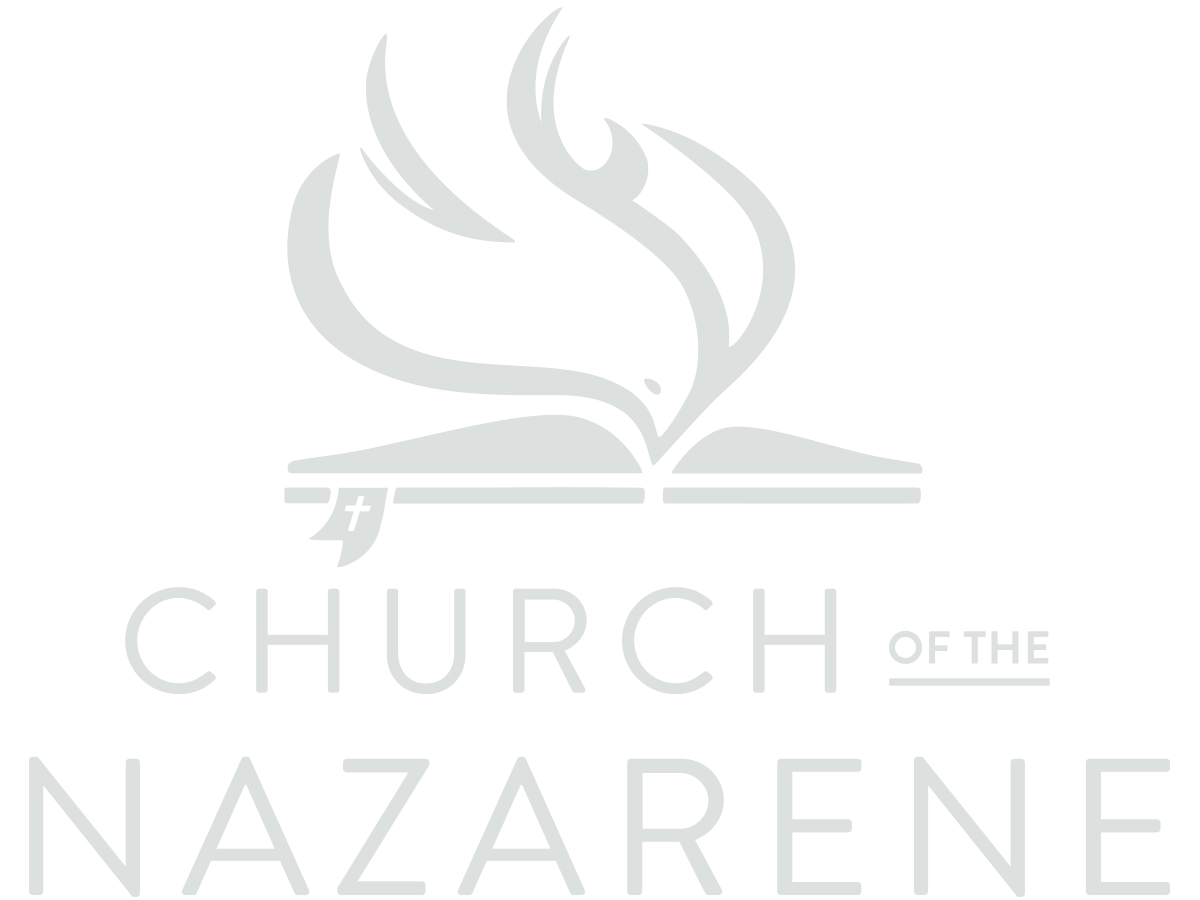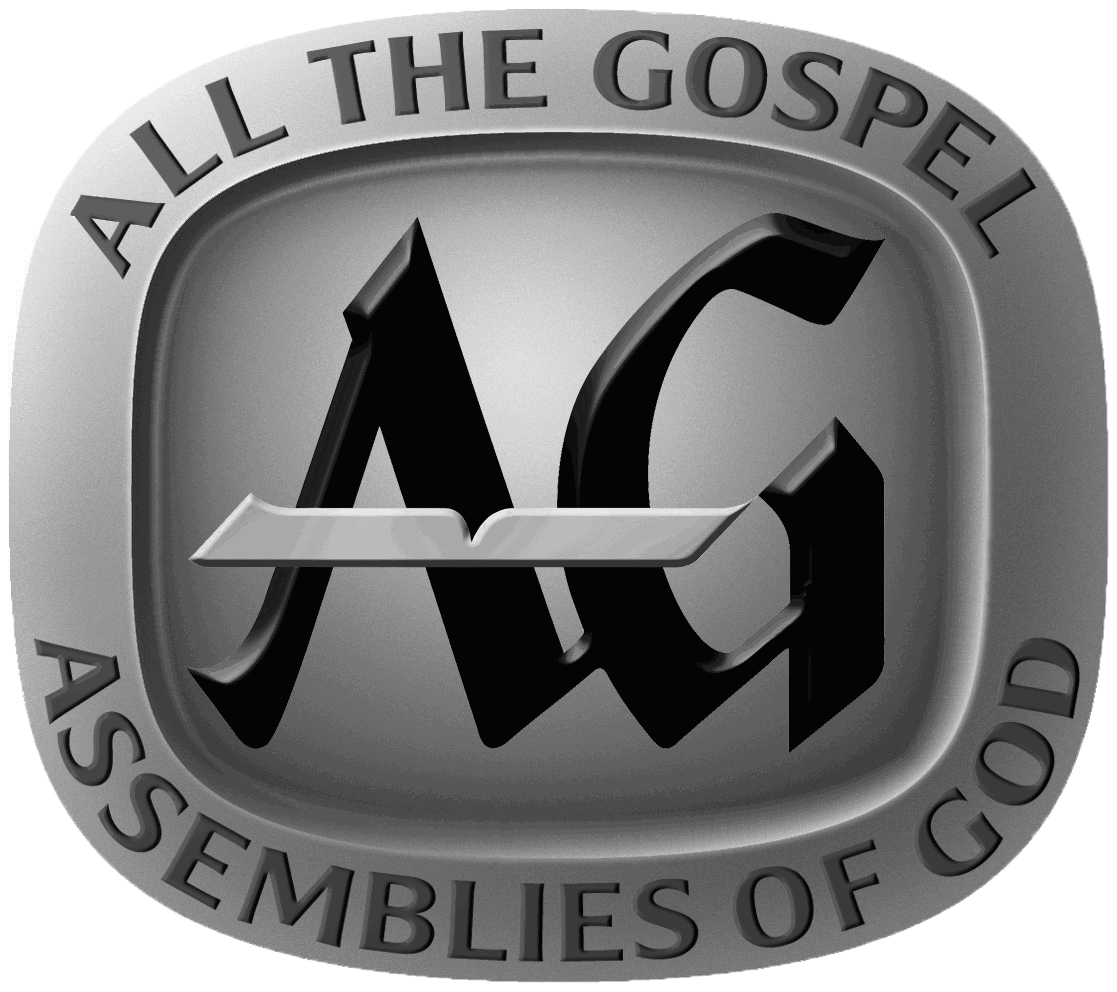Overcoming The Prisons of Life: Acts Series #23
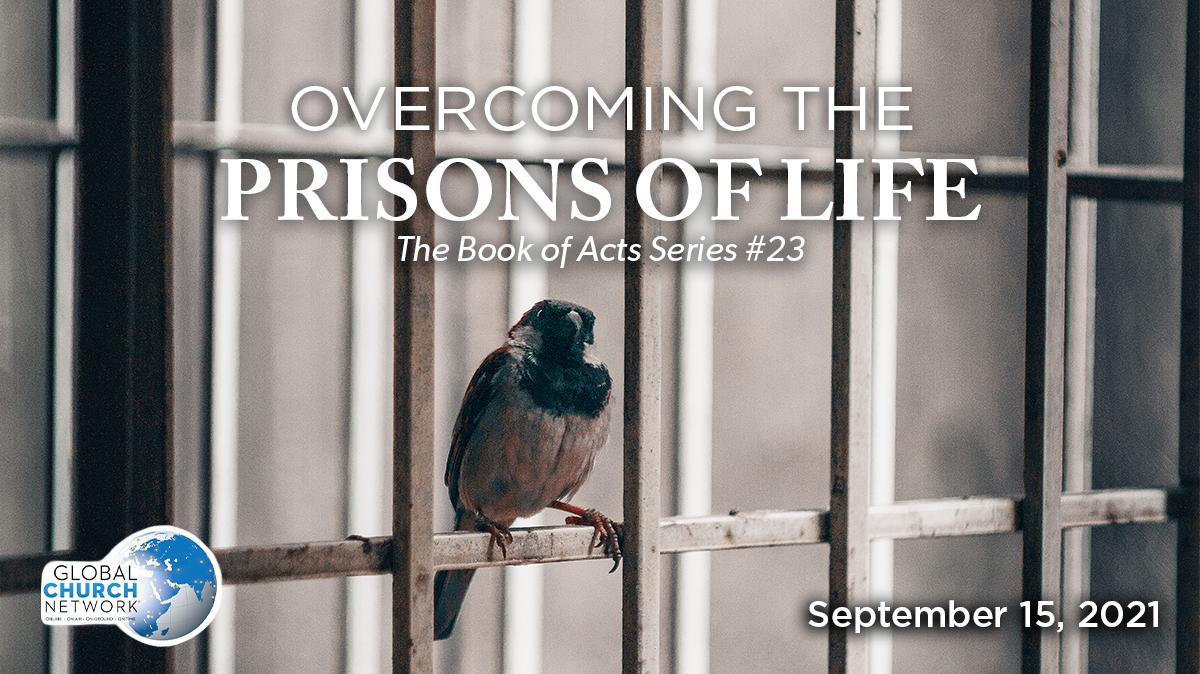
 As we preach and teach through the Book of Acts, there is a shout of triumph on every page. The early Church learned how to pray, and they saturated their lives with prayer. God gave them the victory.
As we preach and teach through the Book of Acts, there is a shout of triumph on every page. The early Church learned how to pray, and they saturated their lives with prayer. God gave them the victory.
Now, compare the New Testament Christians with the average Christian today. Compare the early Church with the average church today. We are failing in our battle against the world, the flesh, and the devil; and, the reason that we fail, ladies and gentlemen, is that, primarily and fundamentally, we do not know how to pray. There’s not a failure in your life or in my life that is not a prayer failure. There’s not a need in my life or in your life that could not be met, if we knew how to pray and would practice what we know. There’s not a sin in my life or in your life that proper prayer would not have avoided. As Jesus said: “Watch ye and pray, lest ye enter into temptation…” (Mark 14:38). How important it is that we learn how to pray!
We are about to witness the power of prayer to release a Church leader from prison. Are you in a prison today? I do not mean a literal physical prison. Have you forged your prison by fear? Have you built your self-made prison through personal addictions? Have your worries constructed the walls of your prison? I have awesome news! When we learn how to pray and approach the throne of God, we can experience victory.
Our sermonic text is Acts 12:1-11:
Now, about that time Herod the king laid hands on some who belonged to the church, to do them harm. And he had James, the brother of John, executed with a sword. When he saw that it pleased the Jews, he proceeded to arrest Peter as well. (Now these were [b]the days of Unleavened Bread.) When he had arrested him, he put him in prison, turning him over to four squads of soldiers to guard him, intending only after the Passover, to bring him before the people. So Peter was kept in the prison, but prayer for him was being made to God [d]intensely by the church.
On the very night when Herod was about to bring him forward, Peter was sleeping between two soldiers, bound with two chains, and guards in front of the door were watching over the prison. And behold, an angel of the Lord suddenly stood near Peter, and a light shone in the cell; and he struck Peter’s side and woke him, saying, “Get up quickly.” And his chains fell off his hands. And the angel said to him, “Put on your belt and strap on your sandals.” And he did so. And he said to him, “Wrap your cloak around you and follow me.” And he went out and continued to follow, and yet he did not know that what was being done by the angel was real, but thought he was seeing a vision. Now, when they had passed the first and second guard, they came to the iron gate that leads into the city, which opened for them by itself; and they went out and went along one street, and immediately the angel departed from him. When Peter came [g]to himself, he said, “Now I know for sure that the Lord has sent forth His angel and rescued me from the hand of Herod and from all that the Jewish people were expecting.”
I. We Are To Pray With Freedom
 I want you to understand that our text states that Peter was in prison, but prayer was made. Can you imagine how hopeless it appears for Peter? He is in a dark dungeon—in a deep, secure cell. He is such an important prisoner that there are sixteen men, who are assigned to personally guard him. Furthermore, they want to make certain that he could not escape by having chains on him. He’s chained on one side to a soldier, and he’s chained on the other side to another soldier. They are planning to put him to death. Herod has already killed James with the sword. Herod saw that he had gained popularity with the enemies of the Gospel. No doubt he said, “I’ll do the same to Peter. He’s the leader. They all like him. I’ll put him to death in just a few days.” He went as far to announce the day that Peter is to be executed.
I want you to understand that our text states that Peter was in prison, but prayer was made. Can you imagine how hopeless it appears for Peter? He is in a dark dungeon—in a deep, secure cell. He is such an important prisoner that there are sixteen men, who are assigned to personally guard him. Furthermore, they want to make certain that he could not escape by having chains on him. He’s chained on one side to a soldier, and he’s chained on the other side to another soldier. They are planning to put him to death. Herod has already killed James with the sword. Herod saw that he had gained popularity with the enemies of the Gospel. No doubt he said, “I’ll do the same to Peter. He’s the leader. They all like him. I’ll put him to death in just a few days.” He went as far to announce the day that Peter is to be executed.
How are the disciples going to get Peter out of prison? Are they going to organize a mob and storm the prison? Are they going to get some petitions up? Are they going to say, “Now look, we are influential citizens in this city, and we demand that you release Simon Peter?” They had no influence. What are they going to do? Are they going to take a collection, to gather a lot of money, and go in and bribe Herod? They didn’t have any money. Peter and John had said, “Silver and gold have I none.” What were they going to do? They were going to pray.
It has well been said that Satan trembles when he sees the weakest saint upon his knees. There is an animal named the Gnu. When he’s attacked, he drops to his knees. Word to God that the Church could learn the same thing? We have the freedom to pray. Every other door was closed, but there was one that was opened; it went straight up to God.
The devil may do many things to inhibit you, but there’s one thing that he can’t do—he can’t stop you from praying. I mean, there may be iron doors all around you; there may be chains all over you; there may be people all against you; but you can pray. We talk about how kids can’t pray in school—that’s ridiculous. You can pray anywhere, anytime, and in anyplace. We read, “But prayer was made…” (Acts 12:5). Prayer should not be our last resort; it ought to be our first thought. Word to God that we could learn how to pray and to take advantage of the opportunity of this freedom.
II. We Are To Pray With Frequency
 When the church began to pray, they prayed without ceasing (Acts 12: 5). They prayed; they prayed; and they prayed some more. They did not quit praying.
When the church began to pray, they prayed without ceasing (Acts 12: 5). They prayed; they prayed; and they prayed some more. They did not quit praying.
Do you know what’s wrong with many of our prayers? We have a take-it-or- leave-it attitude toward prayer. We ask God to do something for us, and if God doesn’t seemingly answer right away, then we just kind of stop praying. Yet, the early Church did not stop praying. I don’t know why God doesn’t always immediately answer our prayers. There’s a mystery to prayer.
Our God says that we are to keep on praying. On one occasion, Jesus gave a special parable on prayer. It’s found in Luke, 18:1, we read, “And he spake a parable unto them to this end, that men ought always to pray, and not to faint.” That means not to stop praying. “And let us not be weary in well doing: for in due season we shall reap, if we faint not” (Galatians 6:9). Jesus said: “Ask, and it shall be given you; seek, and ye shall find; knock, and it shall be opened unto you” (Matthew 7:7). In the Greek language, he is literally saying, “Keep on asking; keep on seeking; keep on knocking.”
III. We Are To Pray With Fervency
 In Acts 12:5, we read, “without ceasing” may be translated into “fervently.” These words have a double-meanings.
In Acts 12:5, we read, “without ceasing” may be translated into “fervently.” These words have a double-meanings.
They prayed with intensity. They prayed with fire and with fervency. Often, we pray with such casualness—with half-heartedness. Half-heartedness is an insult to God. The Bible says, in Jeremiah 29:13: “And ye shall seek me, and find me, when ye shall search for me with all your heart.”
In Hebrews 5:7, we read, “he (Jesus) had offered up prayers and supplications with strong crying and tears…” When’s the last time that you prayed with tears? I read about when our Lord Jesus prayed in the Garden of Gethsemane—that the perspiration—the sweat—was as drops of blood upon His brow, as the minute capitularies ruptured (Luke 22:44). He was in such intensity as He prayed. Prayer is hard work.
That’s the reason that many of us don’t pray—it requires concentration, and it requires effort. It’s harder to pray than it is to preach. It’s harder to pray than it is to study. It’s harder to pray than it is to sing. It is harder to pray than almost anything, because prayer is work. Prayer is warfare. When you pray, you enter into spiritual warfare—you enter into the heavenlies, and the devil will oppose you when you’re praying.
The devil doesn’t mind everything else we do, as long as we leave out prayer. He’ll say, “Go ahead and have your magnificent choir program. Go ahead and have your sermons. Go ahead and have your Sunday school. Go ahead and have your fellowship. Go ahead and have your visitation program. Go ahead and do all of it as long as you leave out the power of Almighty God that comes through fervent prayer.”
The devil sneers at our organization; the devil laughs at our personalities; but he fears our prayer. When you go to pray, you’re going to feel opposition. Do you ever feel opposition when you pray? The flesh doesn’t want to pray. The Bible says the flesh is in enmity against God. There’s that old nature that doesn’t want to pray.
We will not only have that inward predisposition against prayer in your flesh, but you have that outward opposition against prayer. The devil will cause your mind to wander. The doorbell will ring; the beans will burn; the baby will cry—something will happen to keep you from praying. Why? Because it is warfare.
There is the rest of faith, but there is the fight of faith, also. We need to learn how to pray fervently—to mean business with God. God does business with those that mean business.
There have been times when I didn’t want to pray. You pray when you feel like it. You pray when you don’t feel like it. And, you pray until you do feel like it. I have found out that, sometimes, my carnal flesh doesn’t want to pray, and I just make an announcement—I say, “Dear God. I don’t feel like praying, but I know that You want me to pray, and I’m going to pray. And, if I die on my knees, then I’m going to stay on my knees until I make contact with You.” When I just make up my mind that fears may beset me and foes may oppose me, yet I will enter in.
IV. We Are To Pray With Fellowship
The early Church prayed together. Now notice: “Peter therefore was kept in prison: but prayer was made without ceasing of the church unto God for him” (Acts 12:5).
These are the only people that really have the promise that their prayer is going to be answered. In 1 John 5: 13-15, we read: “These things have I written unto you that believe on the name of the Son of God; that ye may know that ye have eternal life, and that ye may believe on the name of the Son of God. And this is the confidence that we have in him, that, if we ask any thing according to his will, he heareth us: And if we know that he hears us, whatsoever we ask, we know that we have the petitions that we desired of him.”
Who is the “us” to whom John is referring? It refers to those who have believed in His name—to those who are saved. Prayer is for the Church. Jesus said to His Church, in Matthew 18:18-20: “Verily I say unto you, Whatsoever ye shall bind on earth shall be bound in heaven: and whatsoever ye shall loose on earth shall be loosed in heaven. Again I say unto you, That if two of you shall agree on earth as touching any thing that they shall ask, it shall be done for them of my Father which is in heaven. For where two or three are gathered together in my name, there am I in the midst of them.”
If prayer was to be offered in the early Church so long ago, then prayer should be made or offered in every church. We need to pray together. The deacon group should have a time of prayer. Our fellowships ought to open and close with prayer. Committee meetings need to be saturated with prayer. I am not inferring, “Lord, bless us.” I mean we should pray! Everything we do ought to be saturated with prayer. Every church should run on the engine of prayer— the fellowship of prayer.
V. We Are To Pray With Faith
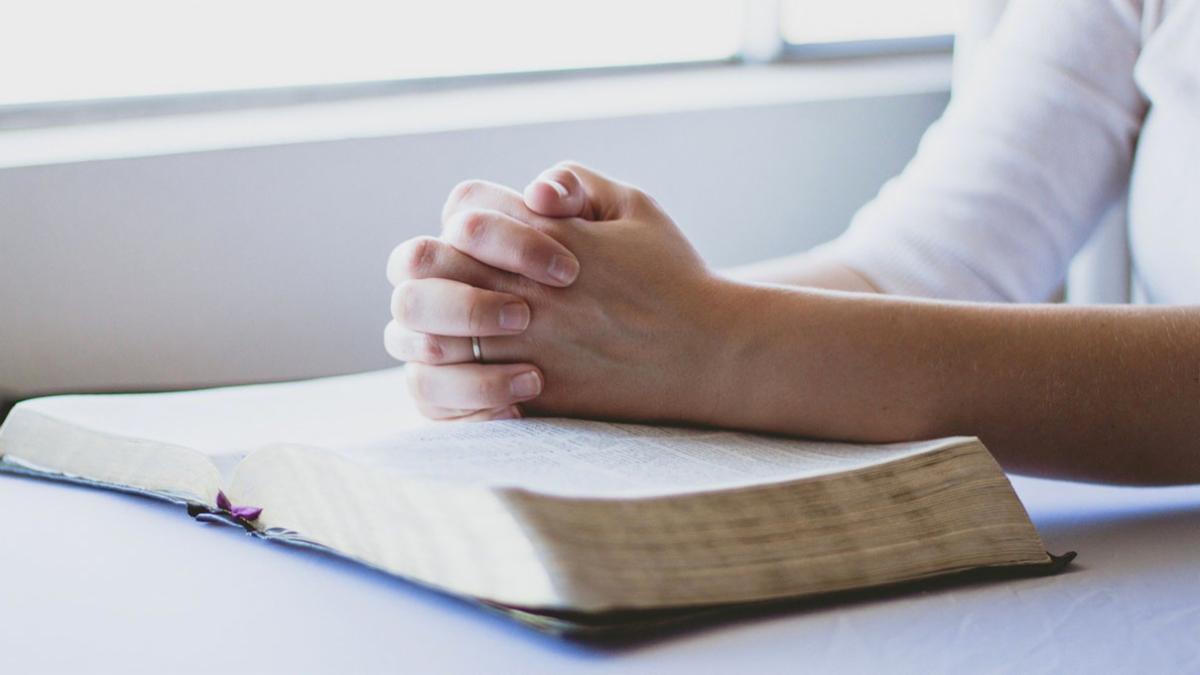 The Bible says, again, that their prayer was made unto God. In Acts 12:5, we read, “Peter therefore was kept in prison: but prayer was made without ceasing of the church unto God.” This was the faith of their prayer. They weren’t praying to impress one another. They realized that they were coming into the throne room—that they were speaking with God.
The Bible says, again, that their prayer was made unto God. In Acts 12:5, we read, “Peter therefore was kept in prison: but prayer was made without ceasing of the church unto God.” This was the faith of their prayer. They weren’t praying to impress one another. They realized that they were coming into the throne room—that they were speaking with God.
When we pray, we come into the throne room of the Sovereign of the Universe. How thoughtlessly, how carelessly, and how flippantly, I’m afraid that some of us come before Almighty God in prayer. The prayer of the early Church was unto God.
I want to share with you a thought that will change your life forever. It is one of the greatest thoughts, if not the greatest thought of our lives. If you allow this thought to get inside your mind and heart, you will never be the same again; you will never approach another day the same way again. This thought has impacted my life like no other thought.
I’m going to tell you what it was, and when I tell you what it was, you’re going to think, “Everybody knows that.” I have known this thought also but has to be rooted in our minds in order to make a difference. Are you ready for it? Here it is: God answers prayer! Is that true? It is true that the One who made the universe, the God of all eternities, will hear me, and I can have influence in His court. Me! Not only will Hehear me but will answer my prayer. He is the one who said: “Call unto me, and I will answer thee, and show thee great and mighty things, which thou knowest not” (Jeremiah 33:3). What a thought! We can have that privilege to pray to God.
If that’s not true—if God doesn’t answer prayer—then why don’t we just quit playing games and never go to church again. But, if it is true—and it is true— then we’d better learn how to pray? I mean, we can have an audience with the King of the Universe. “But prayer was made without ceasing of the church unto God…” (Acts 12:5).
VI. We Are To Pray With Focus
 Next, I want you to notice what I’m going to call the focus of that prayer. “But prayer was made without ceasing of the church unto God for him” (Acts 12:5). Whom? Peter. He’s in prison. He’s going to be beheaded. We need to pray for him: “God, we pray for Peter, who is in prison.” The focused prayer—a very specific prayer.
Next, I want you to notice what I’m going to call the focus of that prayer. “But prayer was made without ceasing of the church unto God for him” (Acts 12:5). Whom? Peter. He’s in prison. He’s going to be beheaded. We need to pray for him: “God, we pray for Peter, who is in prison.” The focused prayer—a very specific prayer.
Many of us pray such a generalized prayer that we never have to admit whether God heard our prayer or not. Is that not true? A lot of Christians pray, “Lord, save the lost. Lord, bless the sick. Lord, comfort the bereaved.” This kind of praying is what I call a safe prayer. However, we need to pray specific prayers so that we will have to admit whether God answered our prayer.
The average person, if you asked him what he prayed for yesterday, couldn’t tell you. And again, it’s the prayer wheel—just repeating these particular things. But, when you get concerned—(you can tell when a person is concerned and when they mean business)—they get specific.
Have you ever heard somebody who has said something to you like this: “Hey, you all come see us, sometime. One of these days, you all have to come over?” They really do not mean it. Let me tell you how you can tell when somebody means it. They say something like this: “Hey look, I’ve got five of the thickest steaks that you’ve ever seen in the freezer. Saturday at five—I’m going to have the grill hot. We’re going to barbecue these steaks. Can you all be here at five on Saturday?” This person means business. That’s the difference.
We are specifically praying: “Oh God, my neighbor—my neighbor—needs Jesus. Oh God, here’s a problem, and God, You know it. And Lord, we lay it before You. Lord, we expect You to answer and give us what we need. If this isn’t what we need, then show us it’s not what we need and give us what we need. We are praying, Lord, for something specific.” Here is a prayer that is brought into focus.
I encourage you to have a list of specific prayers with dates by them. When God answers it, you can give Him the glory and give Him the praise. We are too specific in our prayers before God. Prayer that is channeled is prayer that is powerful.
VII. We Are To Pray With Force
 What happened when the early Church prayed for Peter? God answered it, and God delivered Peter from prison.
What happened when the early Church prayed for Peter? God answered it, and God delivered Peter from prison.
Peter is in prison, sound asleep. Would you be asleep if you knew that the next day they were going to execute you? Peter is sleeping on the promises. He was sleeping between two smelly soldiers, chained to one on one hand, and chained to the other on the other hand.
Peter was in such a deep sleep, when that angel came into the prison, the angel “smote Peter” and said, “Peter, wake up! Get up!” The angel shook him in order to wake him.
Why was Peter able to sleep?
In John 21:18, Jesus said, “When you’re an old man, they’re going to lead you around.” Peter thought, Well, they say that they’re going to kill me, but I’m not old yet. Jesus was talking to me about when I’m an old man. So, whatever’s going to happen, I’m not going to die.
I don’t know why Peter was so calm. However, I believe we would have a lot less sleepless nights, if we knew the Word of God, believed the Word of God, and stood on the promises of God. Next, the angel says, “Put on your shoes; put on your clothes; and gird yourself.” In other words, we’re not sneaking out—we are going out in first class.
Then, the chains fell off. Peter rose up, got dressed, and he and the angel walked out of the prison. As they started to walk, they passed this guard and another guard. Everyone else is evidently asleep or blinded. Next, they come to this huge iron-gate. This is a huge fortress. When they arrive at the iron gates, the gates open automatically. Peter and the angel walked easily out of the prison. That’s the force of this prayer.
The answer to this prayer was late; it came at the last minute. Yet, God was on time. We should not become antsy. Not only was the prayer late, but it was leisurely. God moves in majesty, and they walk out. Additionally, the prayer was limited. The interesting thing is that the iron-gates opened by their will.
When Peter got outside that iron-gate, Peter said to himself, “Where will I go?” I had better go to the prayer meeting.” The early Church was meeting at Mary’s house. Mary was the mother of John Mark. Peter goes to Mary’s house, and there was a door out there, also. There was a wooden door to the courtyard. Peter knocks on the door of the gate. Mary’s maid goes to the door. When she arrives at the door, she says, “Would you imagine? Look, that’s Simon Peter.”
They’re in the house praying for Simon. She leaves him standing at the door and goes to tell those in the prayer meeting that Peter is at the door. They say, “Peter’s in prison. It must be his ghost or an angel. The maid goes back and says, “Peter, is this really you?” Peter says, Yes, it’s me.” She goes back to the prayer meeting and says, “He says that it’s really him.” The Bible says that Peter was knocking and knocking, trying to get to the prayer meeting.
Notice carefully: Peter was knocking; they were praying. God is not going to do for you what you can do for yourself. Peter could never have opened those iron gates, but they could open that wooden door. Right? Of course!
Prayer is no substitute for common sense. Prayer is not a substitute for labor and no substitute for work. Jesus said, “You roll away the stone,” and then, He said, “Lazarus, you come forth.” They could roll away the stone, but they couldn’t raise Lazarus. Do you understand what I am writing?
Peter could not have opened that iron-gate, but they could have opened that wooden door. God does not do for us what we ought to do for ourselves. But, we can never do for ourselves what God alone can do. When we begin to merge prayer with obedience and common sense, then God begins to work.
We must visit, and we must call people, if we want our local church to grow. Nevertheless, we also must pray against the enemy. We must learn that there’s a force in prayer. It’s not a substitute for work. It’s not a substitute for common sense. When we begin to pray, then we see what God alone can do. When we depend on an organization, we see what the organization can do. When we depend upon planning, we see what planning can do. When we depend upon prayer, we see what God can do.
It was harder for Peter to get to the prayer meeting, than it was for him to get out of prison! Think about it.















